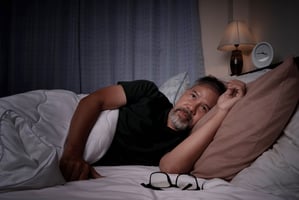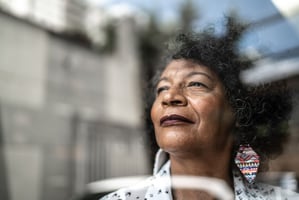A study published today in JAMA Internal Medicine suggests that phone-based cognitive-behavioral...
Percentage of Older Adults Taking Insomnia Medications Exceeds Those Diagnosed With Disorder
 |
Jennifer S. Albrecht, Ph.D., of the University of Maryland School of Medicine and colleagues analyzed data from a random sample of 5% of patients who had at least 10 months of continuous Medicare coverage between 2006 and 2013. They found that over the eight years studied, insomnia diagnoses in this population increased from 3.9% to 6.2%. They also found that insomnia medication use (defined as at least one prescription fill) increased from 21% to 29.6%.
“Annual prevalence of insomnia medication use was up to four times higher than insomnia diagnoses and remained steady over time,” Albrecht and colleagues wrote. “Our data suggest that insomnia is commonly treated but infrequently diagnosed. Future research should seek to understand the consequences and causes of this discrepancy.”
The most common insomnia prescriptions filled were sedating antidepressants, nonbenzodiazepine sedating hypnotics, hydroxyzine, and benzodiazepines. Among these medications, benzodiazepines had the greatest increase in usage between 2012 and 2013; the number of filled prescriptions jumped from 1.1% to 17.6%.
“The increase in prevalence of benzodiazepine use from 2012−2013 came at a time when nursing homes were mandated to reduce antipsychotic use and may reflect substitution of benzodiazepines for antipsychotics to control behavioral symptoms in that population,” Albrecht and colleagues wrote. They added that benzodiazepines are on the Beers list of medications to be avoided in older adults and stated that their use should be monitored closely in this population.
In their conclusion, the researchers noted that they were not able to learn why these medications were prescribed for the patients.
“Because some medications used for the treatment of insomnia (e.g., sedating antidepressants, benzodiazepines) have other indications, it is possible that our results overestimate insomnia medication use,” they wrote. Nonetheless, the study “raises important questions about insomnia diagnosis, prescribing practices, and medication interactions.”
For related information, see the Psychiatric News article “Self-Reports of Poor Sleep Not Always Accurate.”
Image: iStock/Enes Evren)






